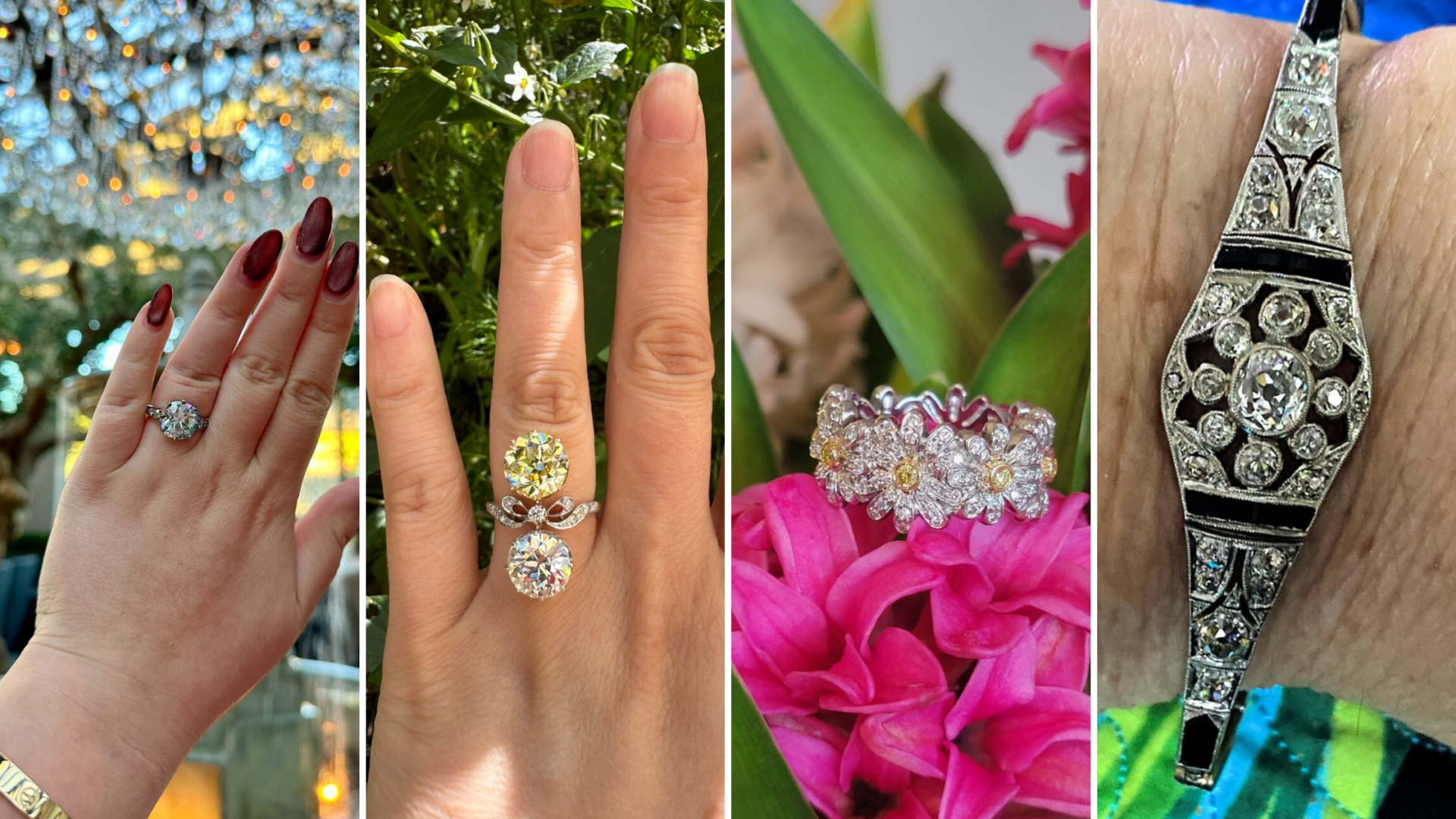mjbipjd78
Rough_Rock
- Joined
- Mar 13, 2006
- Messages
- 7
My ring wasn''t purchased from an online vendor and I know I''m likely to get lashed on this one.
After reading the postings on this site for quite sometime and observing the almost unanimous support WF receives, I went and took a look at their site (and others like Blue Nile, etc...). If a well-cut diamond is a commodity (i.e. the value will continue to increase) why would these vendors who are selling "ideal cut" diamonds only buy back the diamond for a percentage of the price you paid? And why would some only do that for ten days or a month or one year? If you are buying a well-cut diamond, shouldn''t the jeweler be willing to buy it back at 100% of the price you paid at any time in the future? In actuality, this would still be at a loss to the purchaser because the value would have increased over time.
Isn''t it just enough of a warranty to make the consumer feel warm and fuzzy? If the jeweler instead bluntly told me that my "ideally" cut diamond will be worth at least 30% less before a month has passed, it wouldn''t be that reassuring to me. It would make me feel like I''m paying at least 30% too much for that diamond. It seems that it would be different if it were a car or an asset that depreciates in value, but it would seem that any well-cut diamond is always capable of being resold at its present market value to even the most discriminating purchaser.
Just wondering how everyone else makes sense of what seems to me to be an incongruency.
After reading the postings on this site for quite sometime and observing the almost unanimous support WF receives, I went and took a look at their site (and others like Blue Nile, etc...). If a well-cut diamond is a commodity (i.e. the value will continue to increase) why would these vendors who are selling "ideal cut" diamonds only buy back the diamond for a percentage of the price you paid? And why would some only do that for ten days or a month or one year? If you are buying a well-cut diamond, shouldn''t the jeweler be willing to buy it back at 100% of the price you paid at any time in the future? In actuality, this would still be at a loss to the purchaser because the value would have increased over time.
Isn''t it just enough of a warranty to make the consumer feel warm and fuzzy? If the jeweler instead bluntly told me that my "ideally" cut diamond will be worth at least 30% less before a month has passed, it wouldn''t be that reassuring to me. It would make me feel like I''m paying at least 30% too much for that diamond. It seems that it would be different if it were a car or an asset that depreciates in value, but it would seem that any well-cut diamond is always capable of being resold at its present market value to even the most discriminating purchaser.
Just wondering how everyone else makes sense of what seems to me to be an incongruency.





300x240.png)